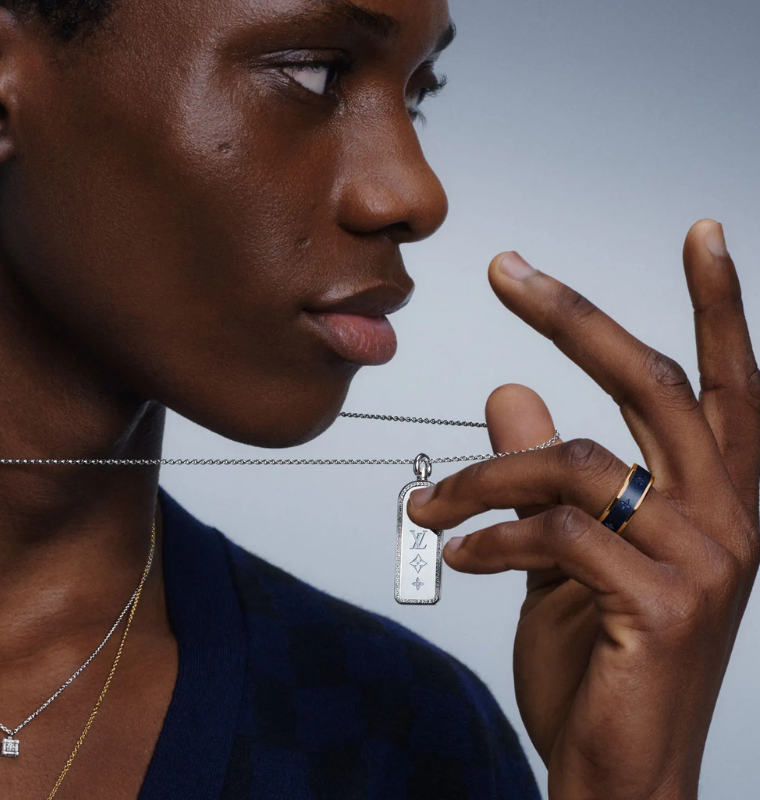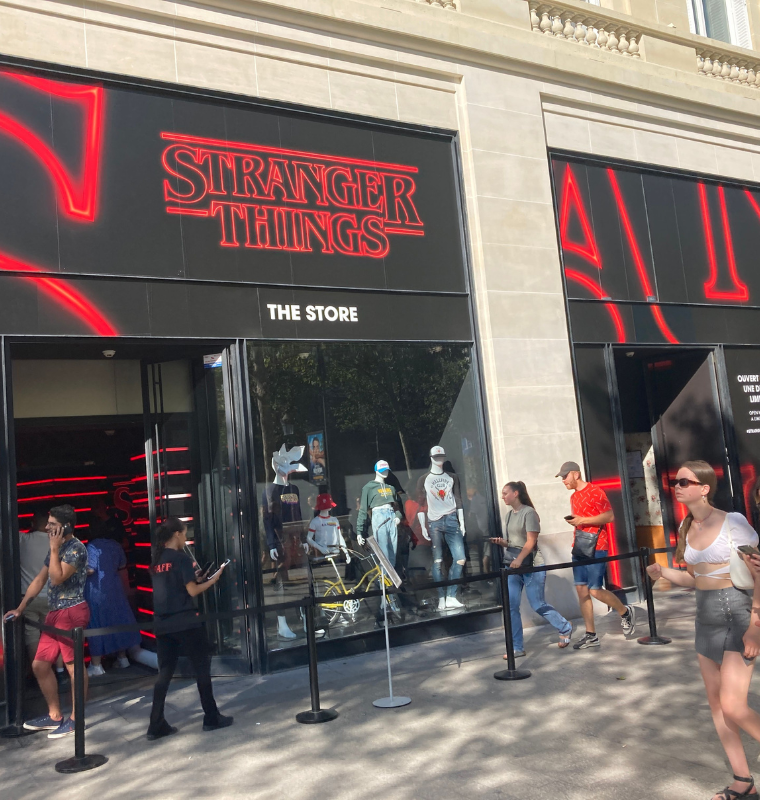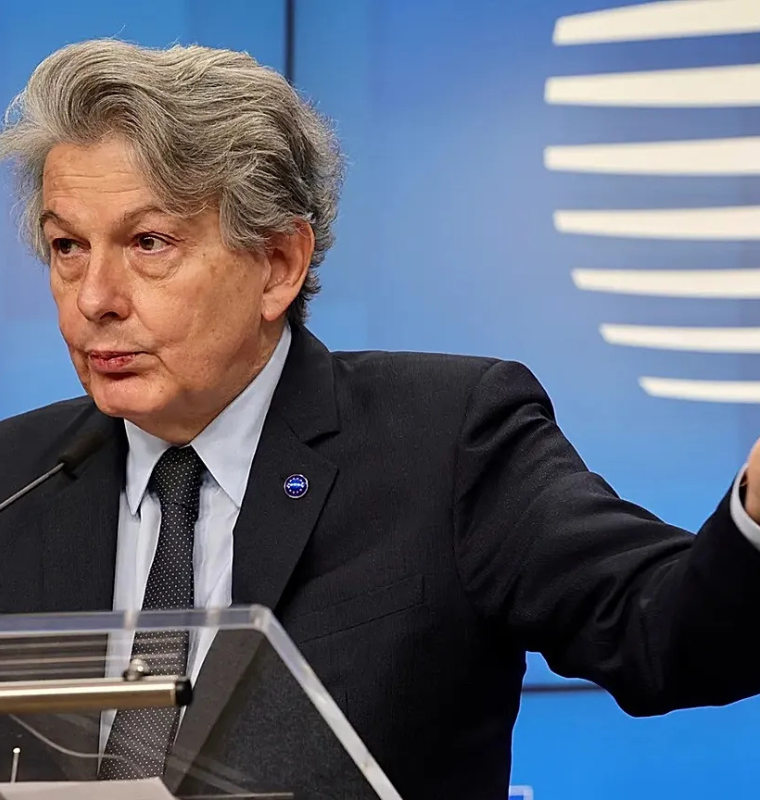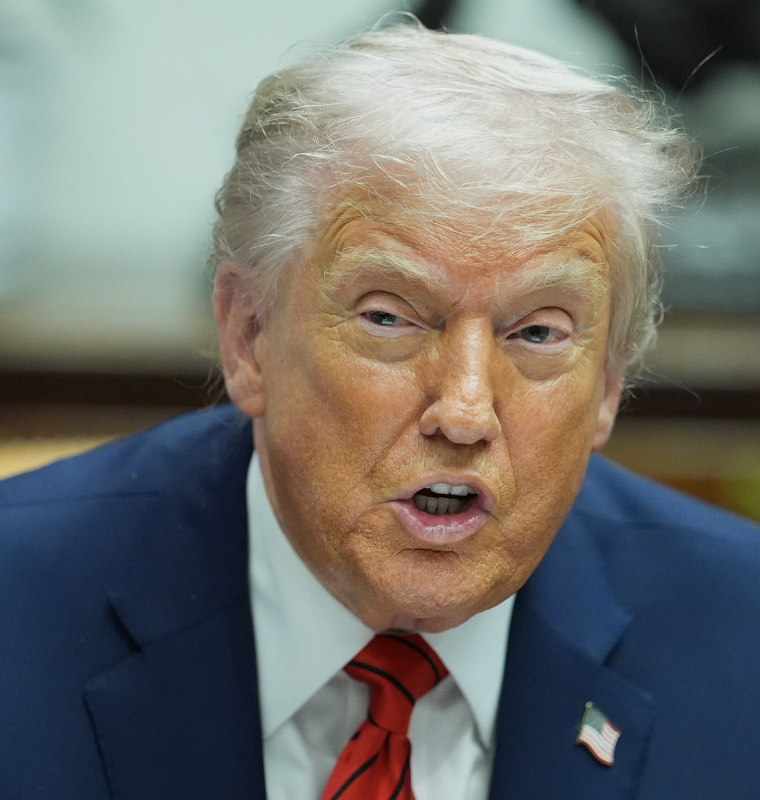U.S.-U.K. Trade Deal on the Horizon: JD Vance Signals Strong Possibility Amid Trump’s Deep Affection for Britain
U.S.-U.K. Trade Deal on the Horizon: JD Vance Signals Strong Possibility Amid Trump’s Deep Affection for Britain
By
Calder Monroe
Last updated:
April 15, 2025
First Published:
August 3, 2025

Source: Yahoo
A Trade Breakthrough? JD Vance Says a U.K.-U.S. Deal Is Within Reach
As global markets stabilize and hopes rise for a friendlier U.S. trade policy under Donald Trump’s return, U.S. Vice President JD Vance has shared a promising outlook for a comprehensive U.S.-U.K. trade deal. Speaking in a recent interview with UnHerd, Vance expressed optimism that the “special relationship” between the two allies could soon bear economic fruit.
Trump’s Personal Affection Could Drive Diplomacy
“We’re working very closely with Prime Minister Keir Starmer’s administration,” said Vance. “President Trump has a profound admiration for the U.K. — from his fondness for Queen Elizabeth II to his deep respect for King Charles III. He also maintains several business ties in Britain, but more importantly, it’s about a strong cultural connection. America is, at its core, an Anglo nation.”
Vance added, “There’s a very real chance we’ll finalize a deal that benefits both countries economically and strategically.”
This growing optimism marks a shift from the tensions that once defined Trump's broader trade agenda during his previous term, where tariffs rattled global markets.
A Favorable Starting Point for the U.K.
In April, when Trump rolled out his revised global tariff regime, the U.K. escaped the brunt of the impact. While EU countries faced steep 20% tariffs, British imports to the U.S. were only subject to a 10% tariff — reflecting Washington’s more favorable view of London.
According to the U.S. Census Bureau, the U.K. exported approximately $73.5 billion in goods and services to the U.S. in 2023, while importing around $65.1 billion, indicating a positive trade balance. Notably, the U.K. holds a strong services surplus, driven largely by finance, insurance, and tech consulting.
British officials say trade discussions with Washington are “constructive but complex.” However, no clear timeline or framework has been made public.
A Second State Visit in the Works?
Prime Minister Keir Starmer recently traveled to Washington, D.C., where he delivered a personal invitation from King Charles III for President Trump to return to the U.K. for a second state visit. Trump, known for his enjoyment of royal pageantry, reportedly reacted with visible pleasure at the gesture.
This diplomatic warmth could pave the way for smoother trade talks, especially with Vance — seen as a close Trump ally — publicly backing the initiative.
Europe Faces a More Frictional Path
While the U.K. may be on a smoother path, the EU’s trading relationship with the U.S. remains rocky. Trump previously accused the bloc of exploiting America’s market and imposed 20% tariffs on EU imports. Brussels retaliated with similar tariffs, escalating transatlantic tensions.
However, in a strategic retreat, Trump agreed to temporarily suspend the tariff hike, halving it to 10% for a 90-day window to allow for negotiation. The EU followed suit by pausing its 25% counter-tariffs on American goods.
JD Vance on Europe: "We Want Fairness, Not Dependency"
Vance took a nuanced tone in his comments about Europe. While acknowledging his admiration for European culture, he stressed the need for fairness in trade and shared responsibility in defense.
“With the U.K., we have a mutually beneficial trade dynamic,” Vance said. “Germany, for instance, exports heavily to the U.S., but American businesses still face hurdles accessing the German market.”
On defense, Vance reiterated his belief that Europe must increase its own spending. “It’s not sustainable for Europe to remain dependent on U.S. defense support. A true alliance requires balance.”
His statements follow recent leaked remarks where he criticized the idea of "bailing out Europe" on defense — comments he appeared to soften in his latest interview.
“I’ve always loved Europe and European people,” Vance clarified. “American culture wouldn’t exist without European roots. But the continent must do more for its own security.”
What a Trade Deal Could Mean
If finalized, a U.S.-U.K. trade agreement could:
- Eliminate or reduce tariffs on automotive, agriculture, and tech goods
- Boost service-sector cooperation, especially in finance and health innovation
- Create smoother data-sharing protocols between U.K. and U.S. tech firms
- Open new job opportunities in export-driven sectors across both economies
For context, a full free trade agreement could add an estimated £15.3 billion ($19.1 billion) to the U.K. economy over a decade, according to a study by the U.K.’s Department for International Trade.
Final Thoughts
With Trump’s apparent enthusiasm and Vance’s diplomatic framing, the U.K. may finally be poised to achieve what has eluded successive governments since Brexit — a full-fledged U.S. trade deal. But the process won’t be without hurdles. Differences over regulation, agriculture, and digital standards still loom.
Still, with the political winds aligning and both leaders expressing mutual admiration, the chances of a landmark transatlantic trade agreement seem higher than ever.
Popular articles
Subscribe to unlock premium content
Luxury Smart Jewelry Becomes a $200 Million Trend Among Millennials

Stranger Things Fever Takes Over Retail

Private Island Rentals for Corporate Retreats Hit $1 Billion

Luxury Smart Jewelry Becomes a $200 Million Trend Among Millennials

Stranger Things Fever Takes Over Retail

Luxury Smart Jewelry Becomes a $200 Million Trend Among Millennials









